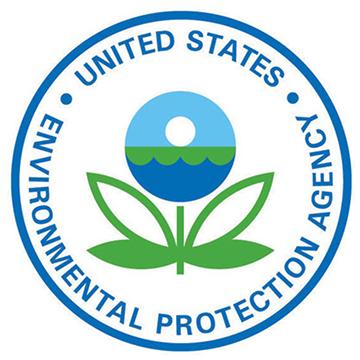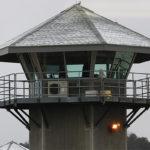NEW YORK – The US Environmental Protection Agency and the former owner of Hopewell Precision, Inc. in Hopewell Junction, entered two consent decrees on Friday, settling a civil lawsuit brought under the Superfund statute for contaminating the property.
The EPA sought to collect the costs it incurred since March 2003 in connection with its cleanup of trichloroethene (TCE) and other hazardous substances at the site.
The two consent decrees – one against Hopewell Precision, Inc. and the other against John Budd – provide for a combined payment of over $1.2 million.
As alleged in the complaint filed in federal court on Friday, since 1972, Hopewell Precision engaged in the business of custom sheet metal and machining fabrication at two properties, that together with the surrounding area into which contamination migrated, make up the Superfund site.
Budd owns one of two properties and was president and sole shareholder of the company from 1972 until 1985, as well as the 80 percent owner from 1985 until 1991.
In connection with its operations until about 1998, the company used chemical solvents, including TCE and 1,1,1-trichloroethane (TCA) to clean and degrease machine parts, generating a hazardous solvent waste that was at times disposed into the ground behind the facility.
Also, during some years, company employees dumped paints and other chemicals into the ground behind the facility.
As a result of those operations, solvents including TCE and TCA were released into the environment, including the structures and soils at the Hopewell properties and they leached into the groundwater and migrated beyond the properties, affecting drinking wells and homes in an area extending about a mile-and-a-half from the properties.
EPA has incurred millions of dollars of costs in connection with cleaning up the site.
Work continues there including restoration of the contaminated groundwater aquifer and construction of an alternate water supply to serve properties with private drinking water wells that have been or may be affected by the groundwater contamination.
The consent decrees will be lodged with the federal district court for a period of at least 30 days before they are submitted for the court’s approval to provide public notice and to afford the public an opportunity to comment on the consent decrees.








